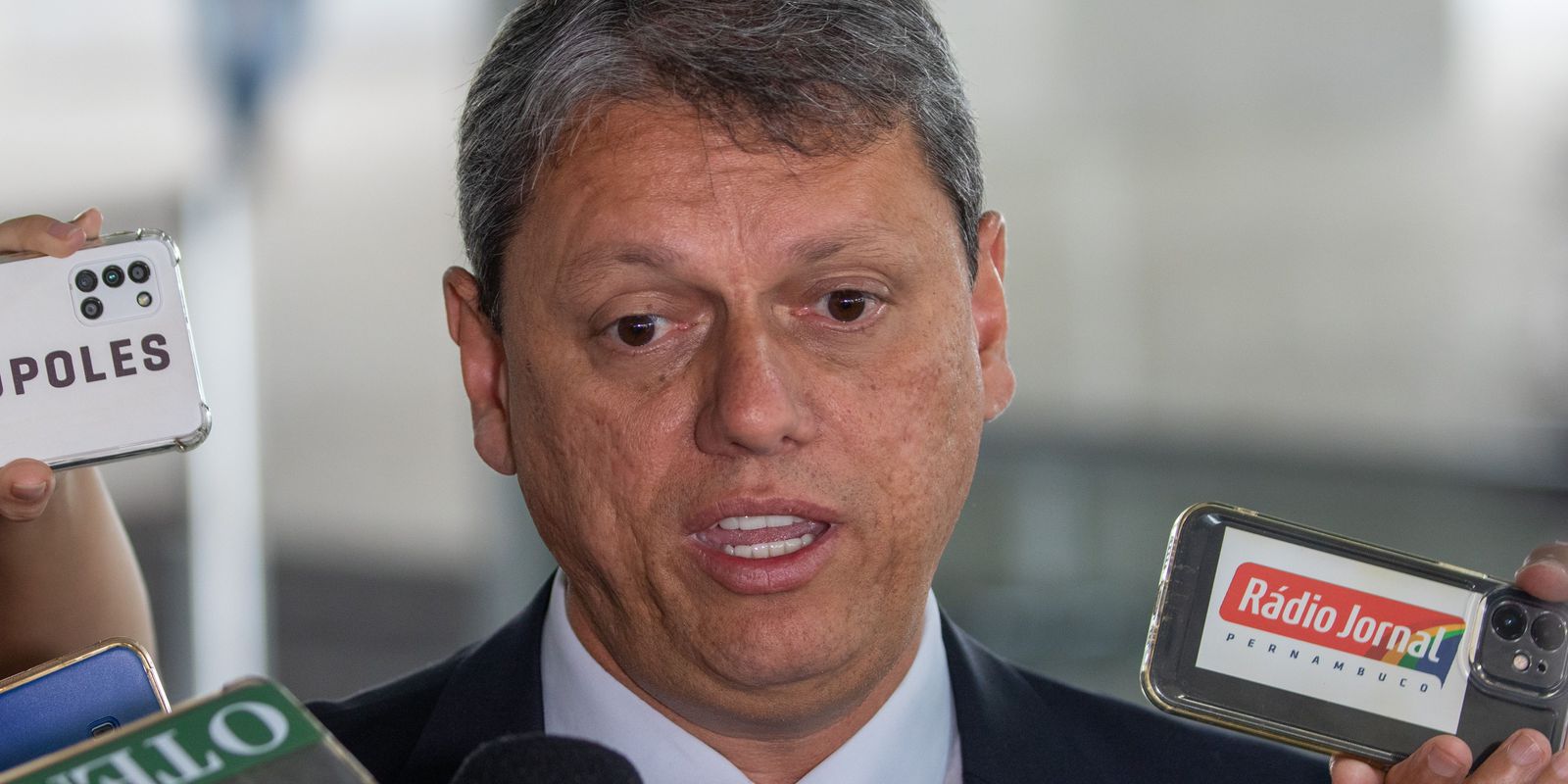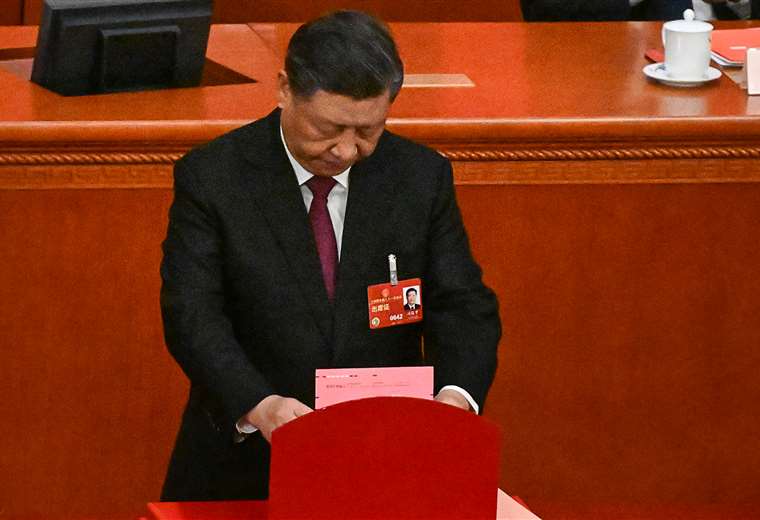The governor of São Paulo, Tarcísio de Freitas, defended that the country advances in a tax reform, one of the priorities of the current federal administration, and affirmed that the state will be a partner in this objective. “São Paulo, obviously, is going to be a partner of the federal government, it is interested in seeing this tax reform approved”, he told journalists, this Thursday afternoon (9), after meeting with the chief minister of the Civil House, Rui Costa, at the Planalto Palace, in Brasilia.
The tax reform will be discussed from a working group created in the National Congress based on two proposals that are already being discussed in the Chamber of Deputies (PEC 45/19) and in the Federal Senate (PEC 110/19). The group’s rapporteur is deputy Aguinaldo Ribeiro (PP-PB). The federal government will not forward its own proposal, but will take advantage of the content of these projects in progress and intensify the parliamentary articulation to approve them.
For the governor, the reform is a matter of complex political negotiation. “It is not an easy thing. Today, we have an industry in Brazil that is overtaxed and we have sectors that pay little tax. Well, if you want to remove taxes from the industry, someone will pay more, and then it involves a harmonization of these interests that will demand a lot of skill, a lot of sewing effort”.
On the best path to move forward on the agenda, Tarcísio suggests resolving the issue in parts, starting with tax simplification. “Solves what is easiest first, simplifies federal taxes, standardizes the ICMS rule [Imposto sobre Circulação de Mercadorias e Serviços] for the states, this will have the possibility, for example, of eliminating part of this tax war. Afterwards, you take other steps”, he commented.
Tax framework
Tarcísio also spoke about the proposal for the country’s new fiscal framework, which should be presented in the next few days by the team of the Minister of Finance, Fernando Haddad. The new rule should replace the constitutional amendment of the cat ceiling, which limits the growth of a large part of the Union’s expenses to the inflation of the previous year.
Last week, the Ministry of Finance concluded the modeling of the proposalwhich was sent to the Ministry of Planning to guide the drafting of the 2024 Budget Guidelines Law (LDO).
“It is important for Brazil to maintain its commitment to solvency. A good fiscal message is what brings confidence, eliminates the noise that, in the end, affects the long-term interest curve, gives investors appetite, this is essential for Brazil to do well,” he said.
Recently, the Minister of Finance informed that he intends to disclose the fiscal framework model before the next meeting of the Monetary Policy Committee (Copom) of the Central Bank, which will take place on March 21st and 22nd. The expectation of the economic team is that the project will provide security for the monetary authority to start the process of lowering the Selic (basic interest rate).
Port of Santos
The main agenda of the meeting between the governor of São Paulo and the chief minister of the Civil House was the advance in the privatization project of the Port of Santos, administered by the federal government. Defender of the proposal, Tarcísio de Freitas said that the conversation addressed aspects of modeling this concession. Initiated in the government of Jair Bolsonaro, the privatization model of the port is currently being analyzed by the Federal Court of Auditors (TCU). According to calculations by the governor, who was Minister of Infrastructure in the previous administration, the planned investments exceed R$ 19 billion over the 35 years of the concession.
“The concession of the Port of Santos has a lot to do with maintaining the competitiveness of the Port”, he observed. “There is nothing more transformative for Baixada Santista than this port concession project, because nothing will mobilize so much resources”, he added.














